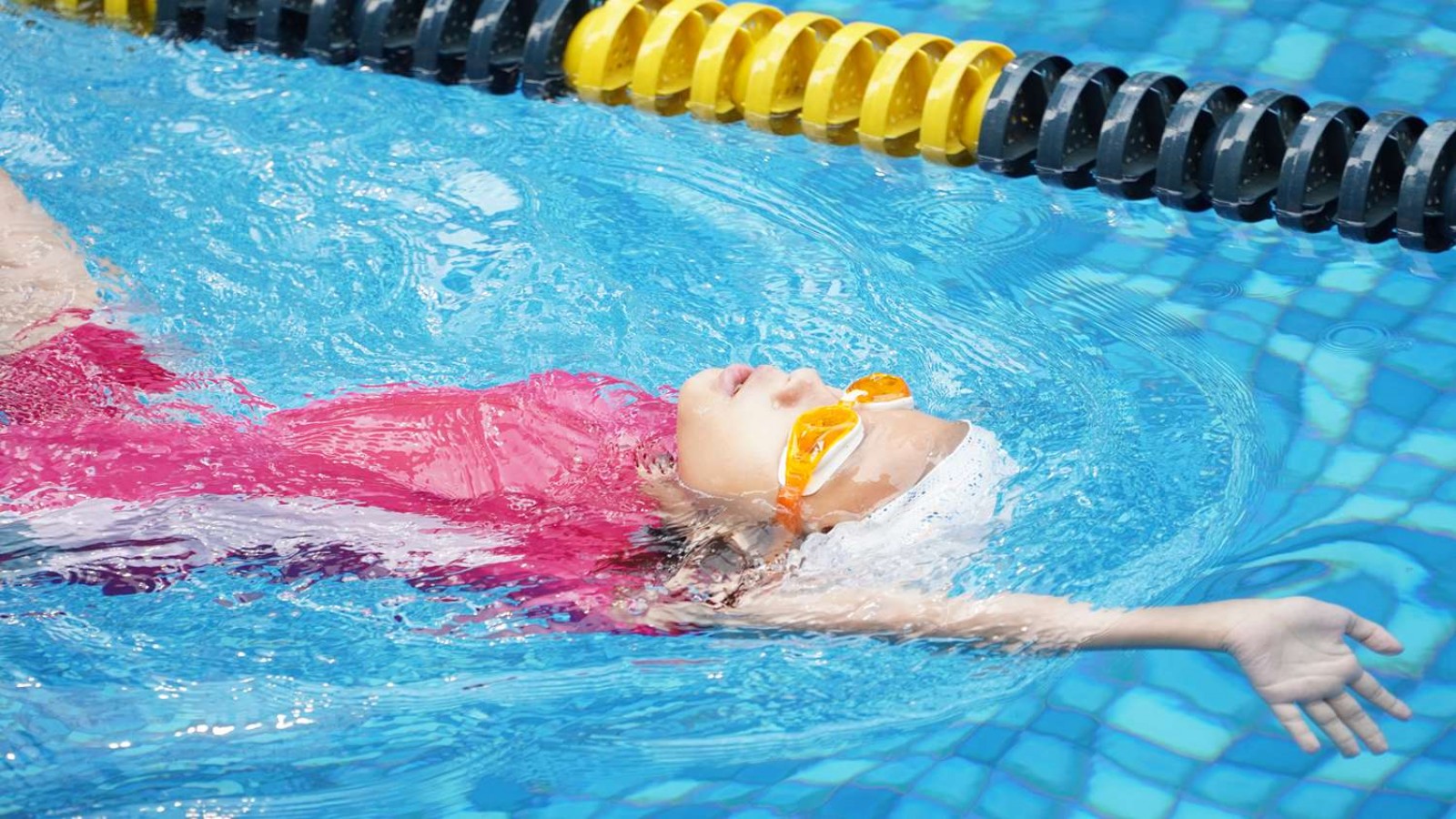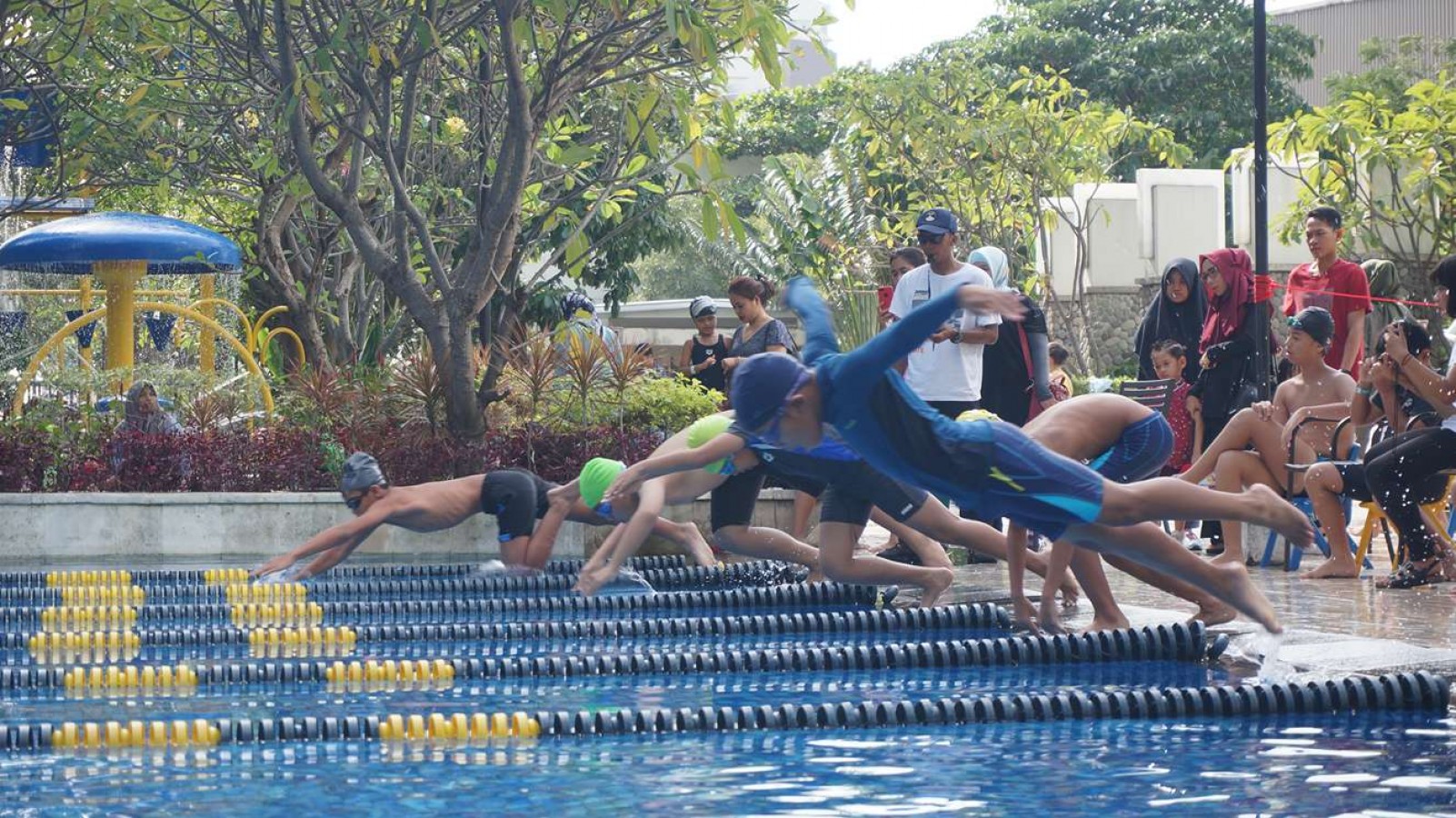Mastering Futsal Movement: Strategies and Build-Up Drills
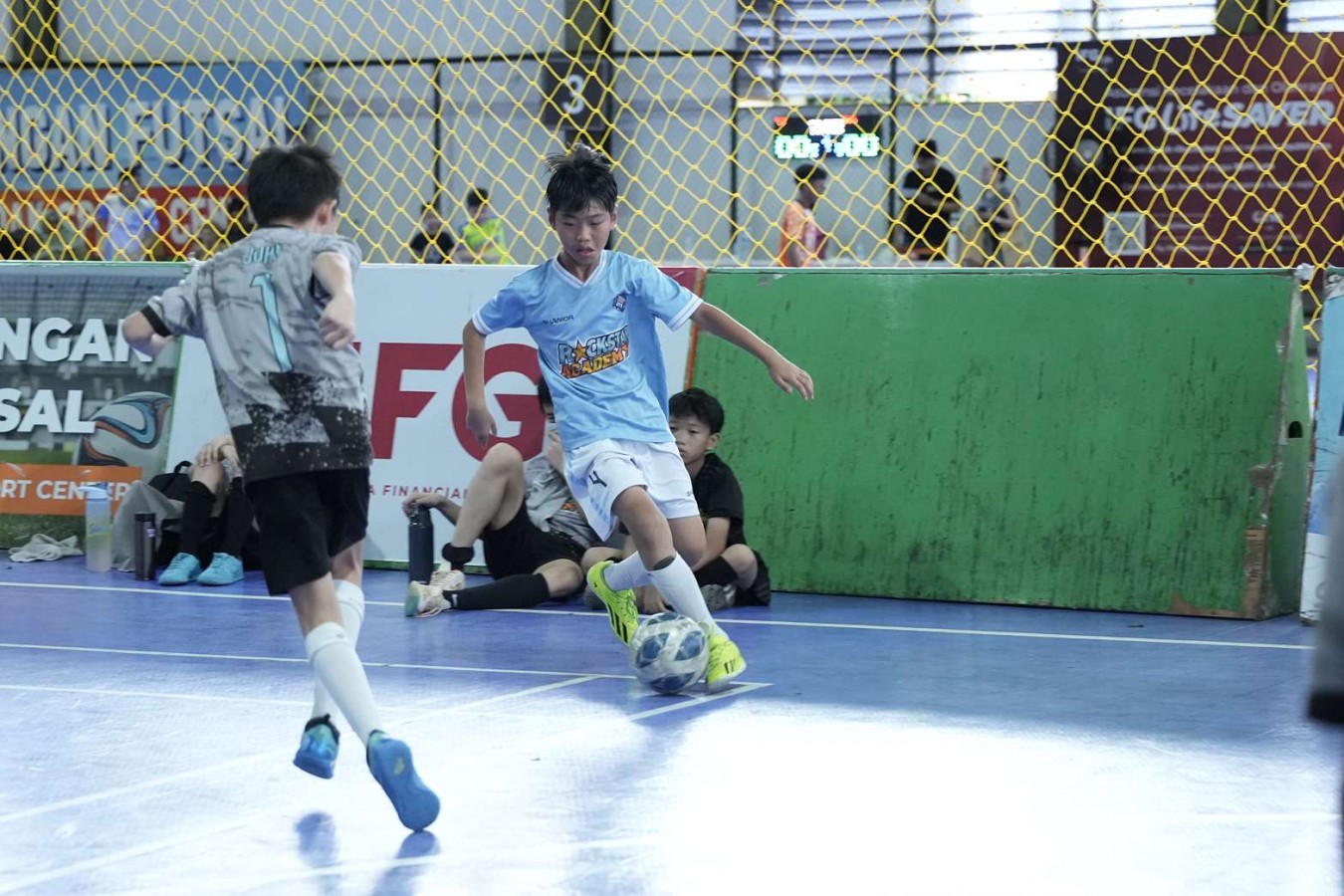
Futsal might look like a smaller version of football, but don’t let the size fool you! This fast-paced indoor game is all about quick decision-making, sharp movements, and clever teamwork.
If you’ve ever watched a high-level futsal match, you’ve probably seen players darting across the court, passing like magicians, and scoring beautiful goals from unexpected angles. So, how do they do that?
The secret lies in futsal movement and build-up strategies. In this article, we’re diving deep into how futsal players move, build up attacks, and the kinds of drills that can help you or your team master it all.
What is Futsal Movement?
Futsal movement is how players move without the ball to create space, pass options, and confuse defenders. Unlike traditional football where players have more room, futsal requires constant movement in tight spaces.
Players rotate positions, make diagonal runs, and use walls (the actual walls in some courts) to break down defensive structures.
Common types of movement include:
- Rotations: Swapping positions to keep defenders guessing.
- Overlaps: A teammate runs around the ball carrier to provide a passing or shooting option.
- Give-and-go (one-two pass): A quick pass followed by a sprint into space to receive the return pass.
- Third-man runs: A third player gets involved in a two-player play to keep the attack flowing.
What is Build-Up Play?
Build-up play refers to how your team starts an attack from the back (often from the goalkeeper or defenders) and gradually progresses up the court to create a scoring opportunity. Good build-up play involves:
- Precise passing
- Proper spacing
- Smart movement
- Clear communication
Unlike random dribbling, a proper build-up has intention and rhythm. It’s like setting up dominoes before knocking them all down with a perfect goal.
Futsal Movement Drills You Can Do to Build Up Attack Skill
Want to boost your attacking game in futsal? It all starts with smart movement! Here are several drills that will take your game to the next level:
1. The 3-1 Formation Build-Up
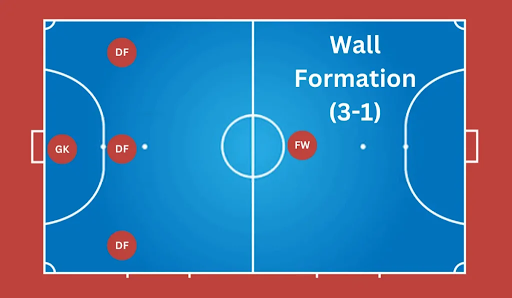
This is the most commonly used futsal formation, especially in professional and youth teams.
- Setup: Three players form a line at the back (2 wingers and 1 fixo/defender) while 1 pivot (striker) stays high.
- Objective: Move the ball around at the back until one of the wingers can connect with the pivot. From there, you can combine for a shot or pass to another teammate who joins the attack.
This drill provides stability at the back and helps create triangles for effective passing.
2. The 4-0 Rotation System
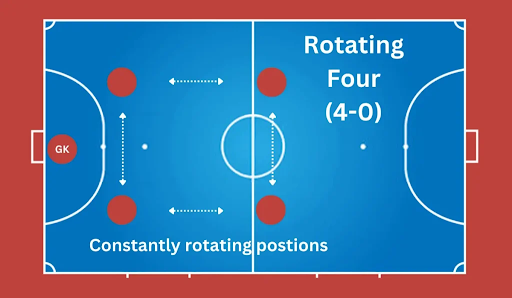
In this strategy, all four outfield players rotate positions constantly without a fixed striker.
- Objective: Create confusion in the defense with non-stop movement, switching roles between defense and attack.
This drill works well when your team is technically skilled and can handle fast passing and rotations.
3. Using the Pivot
The pivot plays a key role in build-up play by:
- Holding the ball up
- Drawing defenders
- Laying off passes to incoming runners
- Taking quick shots when space opens up
Feeding the pivot and then supporting with overlapping or diagonal runs is a deadly combination.
4. Diagonal Check and Give-and-Go Build-Up Pattern
This build-up strategy involves a series of coordinated movements designed to create multiple passing options, maintain team shape, and ensure defensive balance. The build-up starts when the goalkeeper rolls the ball to one of the back players—let’s say Player #1.

Immediately, Player #2 moves centrally to offer support and cover behind the ball, forming a safety outlet in case of pressure or a turnover. Player #3 makes a diagonal run towards the ball to receive a short pass, while Player #4 supports along the sideline, staying wide to stretch the defense.
These initial movements form a strong base for attacking and provide three clear passing options for Player #1: a pass to the middle (Player #2), a diagonal option (Player #3), or a wide outlet (Player #4). Importantly, this structure also places players in good positions to counter-press and win the ball back quickly if possession is lost.
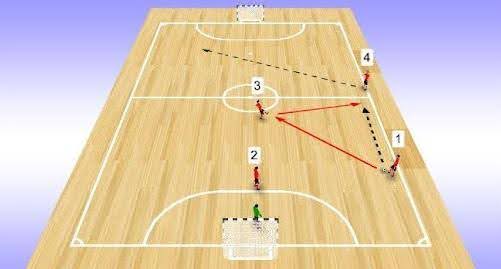
The pattern can then transition into a Give-and-Go sequence: Player #4 vacates their position momentarily to allow Player #1 and Player #3 to combine. Player #1 passes to Player #3, follows the pass, and receives the ball back in a one-two movement.
Player #2 continues to provide cover behind the play. This creates a dynamic "Y"-shaped attacking pattern, emphasizing movement and support.
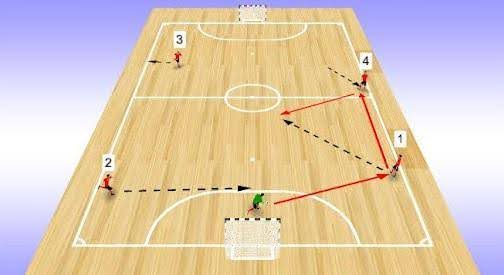
An alternative version of this build-up (often referred to as Building Out Pattern #2) has Player #3 running wide and higher up the court, offering a deep passing option. Player #1 receives from the goalkeeper and looks to go forward immediately, ideally passing down the line to Player #4.
After receiving the ball, Player #4 returns it to Player #1, who has moved into a supporting central position. Player #2 maintains the role of cover behind the play.
Together, these movements help teams build out from the back with structure, flexibility, and a balance between attack and defense.
Need Help in Mastering Futsal Movement?
Mastering futsal movement takes the right guidance, training, and environment to truly shine. If you want your child to excel in futsal and develop world-class movement skills, enrolling them in the Futsal Program at Rockstar Academy is the perfect first step.
Rockstar Academy is the best Sports & Performing Arts Academy, offering a wide range of physical activity programs supported by a dynamic curriculum. Your child will have the chance to grow through exciting opportunities like the RockOlympics and Elite Championships, where they can showcase their skills and discover their true potential.
For those who dream big, our Dream Team program is available for boys and girls, delivering 120 minutes of high-intensity training with our most experienced instructors from the professional futsal world.
Plus, we offer a free trial class, so you can experience the Rockstar difference before committing. So why wait? Let your child move with purpose, play with passion, and train them only at Rockstar Academy!
FAQ
What is the best way to start an attack in futsal?
Start with short, quick passes from the back (goalkeeper or fixo) while moving into space. Use the pivot to hold up the ball and create openings.
What does “rotation” mean in futsal?
Rotation is when players swap positions during play to confuse defenders and create new passing lanes. It’s essential in both 4-0 and 3-1 formations.
